 Charter Communications cable TV customers will soon see sweeping rate increases on their cable bills as the cable company announces its 2018 “rate adjustments” that will begin to take effect as early as next month in some markets.
Charter Communications cable TV customers will soon see sweeping rate increases on their cable bills as the cable company announces its 2018 “rate adjustments” that will begin to take effect as early as next month in some markets.
For many customers, it is the second substantial rate increase in a year. Among the most notable are a dramatic hike in equipment rental costs and surcharges.
As Charter Communications took control of Time Warner Cable and Bright House Networks and introduced Spectrum packages and pricing in 2016 and 2017, company spokesman Justin Venech promised that Spectrum packages were “a better value” for customers, in part because equipment rental fees were substantially lower. But the gap between what Time Warner Cable charged in early 2016 and what Spectrum customers will pay in 2018 is quickly narrowing.
In early 2017, a Spectrum set-top box was priced at $4.99 a month. In mid-2017, the company raised the price to $5.99 a month and starting next month, that rental price is increasing to $6.99 a month per box. Other equipment is getting more costly as well. Time Warner Cable introduced digital transport adapters (DTAs) for secondary analog television sets at $0.99 a month. In 2018, that equipment will cost $4.99 a month. DVR service also increases $1 to $12.99 a month.
Spectrum’s original bundled TV, phone and internet packages — Select, Silver, and Gold were priced at $109.94, $129.94, and $149 a month respectively in 2016, according to the Orange County Register. Los Angeles was among the first markets in the country to obtain new Spectrum packages and pricing in the fall of 2016. Just 15 months later, customers can now expect to pay rates starting at $139.99 for Select, $159.99 for Silver, and $179.99 for Gold.
The company’s hated Broadcast TV Surcharge, which applies to all promotional and regular-priced television packages is also being hiked from $7.50 a month to $8.85.
Among the first markets to see the 2018 rate hike is Lexington, Ky., which has had a year-long running battle with Charter Communications.
“I’m outraged,” Lexington Mayor Jim Gray told the Lexington Herald-Leader. “This is the second rate hike for Spectrum’s cable subscribers in a single year. And considering Spectrum’s record of poor customer service, it just confirms my decision to bring competition and more options to Lexington for cable TV services along with high-speed internet.”
Lexington residents will soon have a third option for cable service in addition to Spectrum, AT&T or CenturyLink: MetroNet — which promises to wire the city with fiber to the home service over the next 3-4 years.
Prices for internet and phone service are unchanged for now, but Charter has often announced rate hikes for those services later in the year, so do not expect rates to remain unchanged throughout 2018.
Spectrum 2018 Cable TV Rate Increases
- Limited Basic TV service: Current price: $15 New Price: $20
- Expanded Basic TV service: Current price: $54.99 New Price: $49.99
- Spectrum Receiver: Current price: $5.99 New Price: $6.99
- Broadcast TV Surcharge: Current price: $7.50 New Price: $8.85
- DTA: Current price: $4.00 New Price: $4.99
- Single DVR Service: Current price: $11.99 New Price: $12.99
- Sports Pass: Current price: $10.00 New Price: $12.00
- Movie Pass: Current price: $10.00 New Price: $12.00
- Triple Play Select: Current price: $129.99 New Price: $139.99
- Triple Play Silver: Current price: $149.99 New price: $159.99
- Triple Play Gold: Current price: $169.99 New Price: $179.99


 Subscribe
Subscribe Charter Communications CEO Thomas Rutledge is fed up with customers sharing their passwords to unlock television streaming services for non-subscribing friends and family and promises to lead an industry-wide crackdown on the practice in 2018.
Charter Communications CEO Thomas Rutledge is fed up with customers sharing their passwords to unlock television streaming services for non-subscribing friends and family and promises to lead an industry-wide crackdown on the practice in 2018.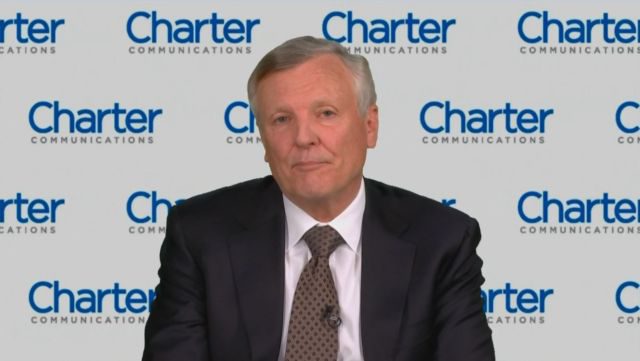
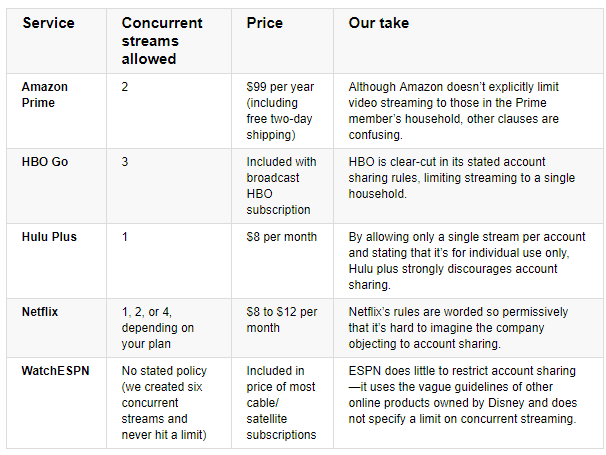
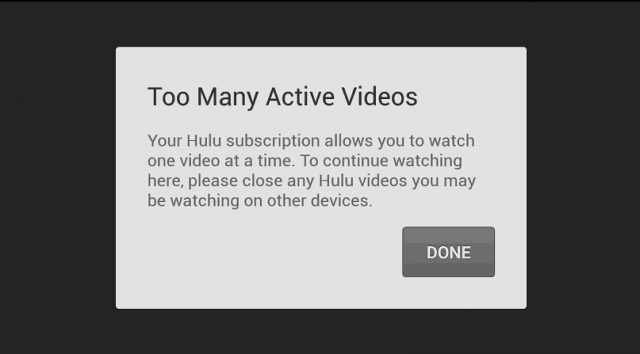 Viacom successfully negotiated the transition of its networks back to the Select TV plan beginning in late January, 2018. But those networks’ online viewing platforms and apps will now include stream limitations to keep simultaneous viewing and password sharing to a minimum.
Viacom successfully negotiated the transition of its networks back to the Select TV plan beginning in late January, 2018. But those networks’ online viewing platforms and apps will now include stream limitations to keep simultaneous viewing and password sharing to a minimum.
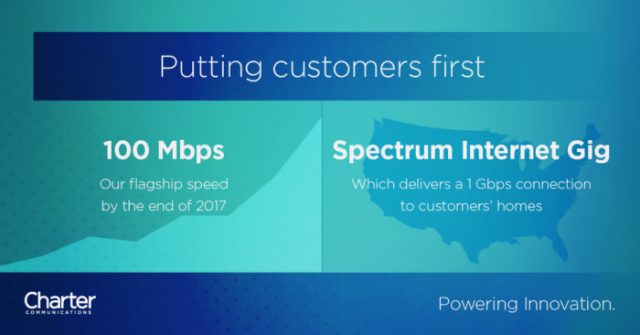
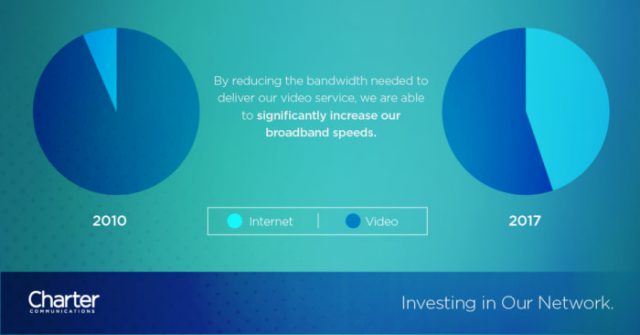
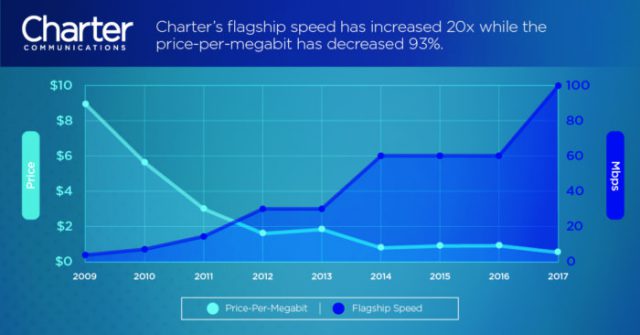
 Viacom and Charter Communications today announced a multi-year renewal of a carriage agreement that will bring back Viacom’s cable networks to almost all Spectrum cable television customers.
Viacom and Charter Communications today announced a multi-year renewal of a carriage agreement that will bring back Viacom’s cable networks to almost all Spectrum cable television customers.